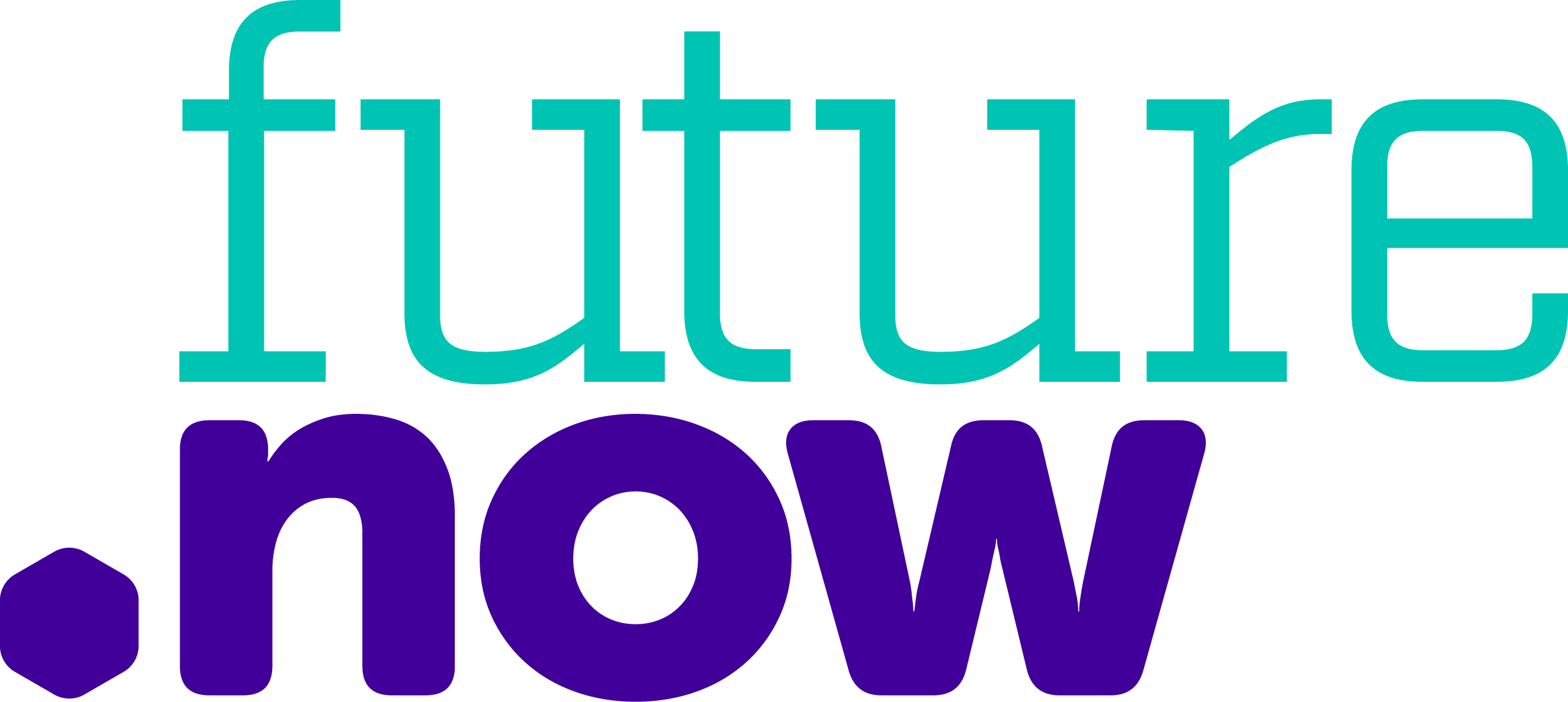By Liz Williams MBE FRSA, CEO, FutureDotNow – 10 November 2022
Last week, Lloyds Bank released their annual Consumer Digital Index (CDI), which reports on the levels of digital confidence and capability across the UK. There is much to celebrate, but a closer read reveals much still to do.
There’s been significant shift on the overall digital capability of the nation, including skills needed for the workplace. According to the CDI, 78% of working age adults (c.31.6 million people) now have the Essential Digital Skills for Work. That’s a significant jump from 64% last year. A change in methodology for 2022 means these numbers aren’t exactly equivalent, but it certainly indicates a positive trend.
However, it also means that 22% (c.8.6m) don’t have these skills. That’s almost a quarter of the labour force without the skills deemed essential for the modern workplace.
And looking under the bonnet of the data, it’s clear that the digital deficit maybe bigger still.
When reporting someone has the Essential Digital Skills (EDS) for work, that means they can complete at least one task in each of the five skill areas of the EDS framework (transacting, communication, problem solving, handling information, and being safe and secure online), out of a total of 20 tasks.
So, some people in the 78% will be able to complete all 20 tasks, but that number could be as few as five.
A deeper dive into the CDI data tells us that only 43% of the workforce report proficiency in all 20 work tasks. And 5% say they can’t do any of them.
This means that almost 60% of working adults in the UK – c. 18.6m people – could benefit from improving their digital skills.
The same figures for those of working age but not in work, the numbers are more shocking. A full 20% of this cohort have none of the EDS for work, 47% have some and only 33% have all 20 essential work skills.
More than 2/3 of unemployed adults – more than 5m – cannot complete all the tasks deemed essential for work.
Is there a correlation?
I’m concerned that if the idea that 78% of adults have the basic digital skills they need for work takes hold too firmly, it gives an inaccurate picture of the true scale of the digital skills gap. It also downplays the scale of the opportunity for business.
If industry realises that almost two thirds of the labour force have skills gaps to be filled, I believe they’ll see this as a chance to unblock the digital talent pipeline, and super charge productivity and transformation.
That’s why industry must lean into this issue and provide more training for their people – whether that’s employees, supply chain or beyond. It’s not enough to assume they will be acquired. The data shows positive intervention is needed.
A recent report from leading consultancy AND Digital, The nature of the UK’s digital skills gap, tells us that almost quarter of people (22%) say that their company does not offer digital upskilling and six in 10 (58%) say they have never received any upskilling in digital skills.
This must change if we are to bridge the digital skills gap and seize the opportunities it offers. Addressing this is fundamental to business recovery, national productivity, and personal prosperity.
At FutureDotNow, we’re working hard to make this change happen. We’re helping businesses understand the scale and nature of the digital skills gap and empowering industry and business leaders to act and drive change.
Through the FutureDotNow coalition, we’re bringing together organisations that want to work together to accelerate the digital upskilling of their employees, customers, and wider community.
If you’d like to get involved, we’d love to have you on board. You can find out more at www.futuredotnow.uk/join-us. Membership costs nothing, save commitment and action to help working age adults build the digital capability and confidence critical to future prosperity.
